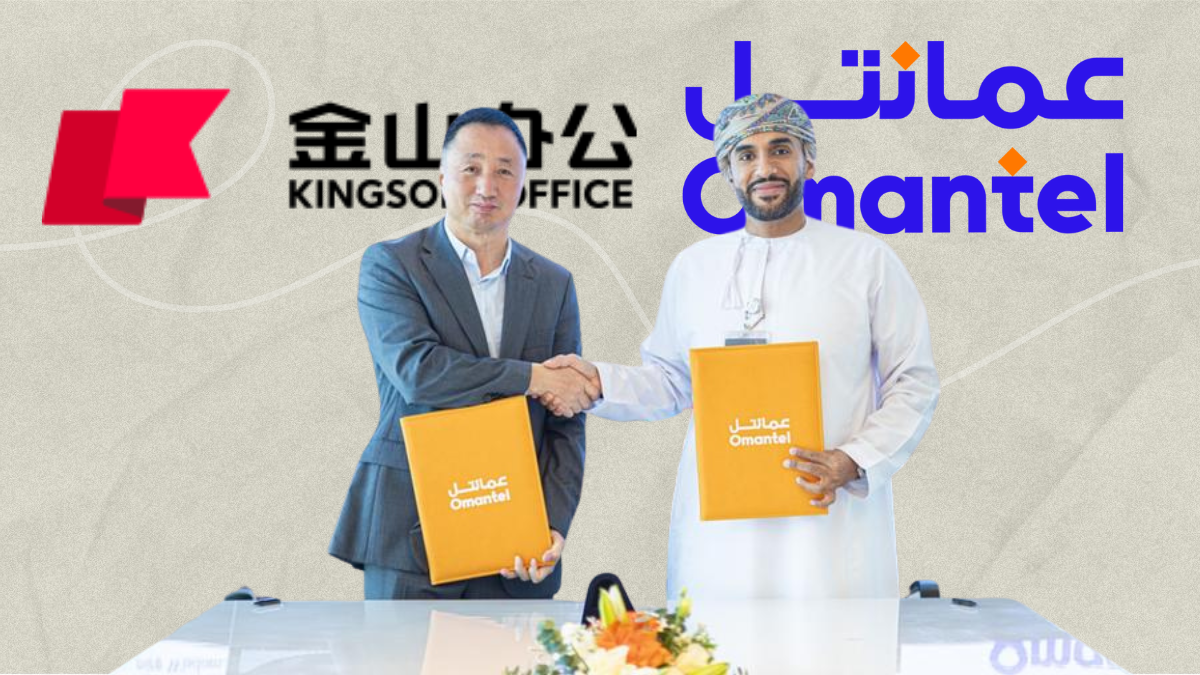UAE’s Silal and Limagrain Launch High-Tech Crop Genomics Hub in Al Ain

3 min
The UAE is advancing agricultural science with a new research hub in Al Ain.
Silal and Limagrain will focus on plant resilience in harsh desert conditions.
Projects include cutting-edge work in physiology and gene editing to improve crops.
The partnership aligns with the UAE’s National Food Security Strategy 2051.
This initiative could benefit global regions with similar farming challenges.
It looks like the UAE is about to step up its game in agricultural science. Silal, the agri-food company under Abu Dhabi’s ADQ, has teamed up with France’s Limagrain Vegetable Seeds to set up a new research hub in Al Ain – the Center of Excellence for Abiotic Resilience and Crop Genomics, or ARC-GEN for short.
Quite a mouthful, but what it really means is a place dedicated to figuring out how vegetables can cope better with nasty conditions like extreme heat, drought and salty soils. In other words, farming that actually works in the desert.
The deal was signed by Silal’s CEO, Dhafer Al Qasimi, alongside Limagrain’s Sébastien Chauffaut. After the ink dried, the two sides held a ceremony at Silal’s Innovation Oasis to mark the birth of ARC-GEN. The centre will push forward on two fronts: one team looking at plant physiology – basically, how crops react under pressure – while another explores gene editing to improve yields and resilience. It’s not sci-fi tinkering, but practical work on traits that growers really need.
Al Qasimi noted that the partnership is about more than science for science’s sake. It’s part of a bigger ambition to secure the UAE’s food supply and even make the country a hub for innovation in tough farming conditions. Spot on if you ask me, as relying too much on imports has always been a bit of a risk in this region. On the flip side, pulling off all that advanced genomics research won’t be quick or cheap, and some farmers might say it feels a bit removed from the day-to-day faff of running fields.
Limagrain, for its part, sent a clear message that this isn’t just business. Their chairman, Sébastien Vidal, spoke about strengthening political and economic ties between France and the UAE, while Chauffaut described the project as both a high-tech venture and a “human adventure.” That emphasis on trust and shared vision sounds like corporate fluff at first, but having met smallholder farmers struggling under 45-degree summers, I reckon innovations like these can make the difference between surviving and thriving.
What’s also worth pointing out is how neatly ARC-GEN fits into the UAE’s National Food Security Strategy 2051. That plan aims to boost home-grown produce and lessen dependence on global food chains that often wobble when geopolitics gets messy. And believe it or not, the research in Al Ain could reach far beyond the Gulf – countries across Africa or South Asia facing similar challenges might one day benefit from the plant varieties developed here.
At Arageek we’ve often talked about how startups and research outfits in the MENA region are not just playing catch-up anymore, but carving out niches where they can lead globally. Standing in a desert farm not long ago, I saw a patch of tomatoes growing under blistering midday heat – plants that looked almost chuffed to bits with themselves given the circumstances.
That memory came to mind when reading about ARC-GEN: it shows that with the right science and partnerships, the so-called impossible conditions may not be so impossible after all. And while there’s a long way to go, the fact that Abu Dhabi is investing in this kind of work is, frankly, quite encouraging… even if the acronym is definately one to trip over.
🚀 Got exciting news to share?
If you're a startup founder, VC, or PR agency with big updates—funding rounds, product launches 📢, or company milestones 🎉 — AraGeek English wants to hear from you!
✉️ Send Us Your Story 👇
 LEAP26
LEAP26 AI
AI Saudi Arabia
Saudi Arabia UAE
UAE Egypt
Egypt








